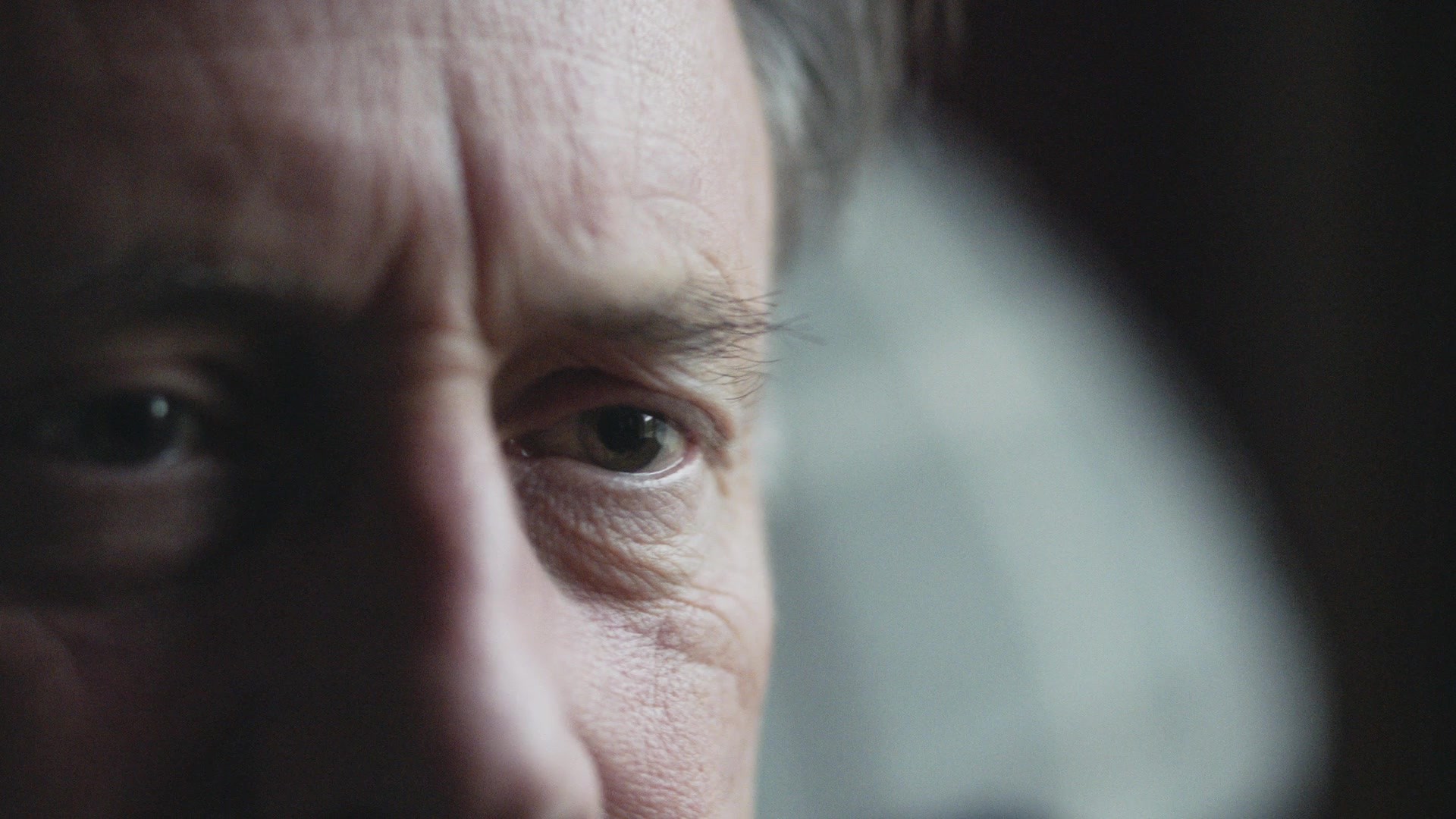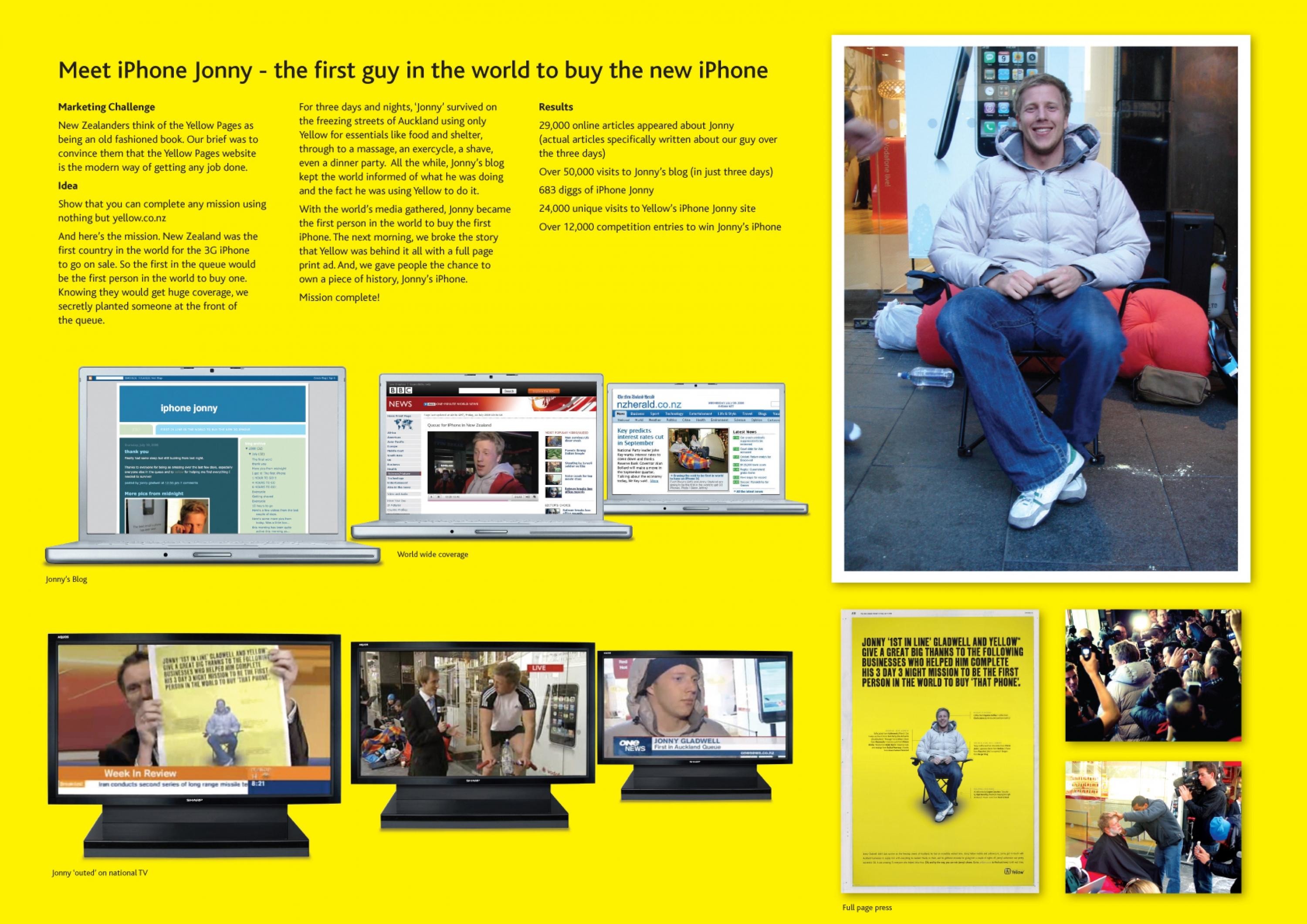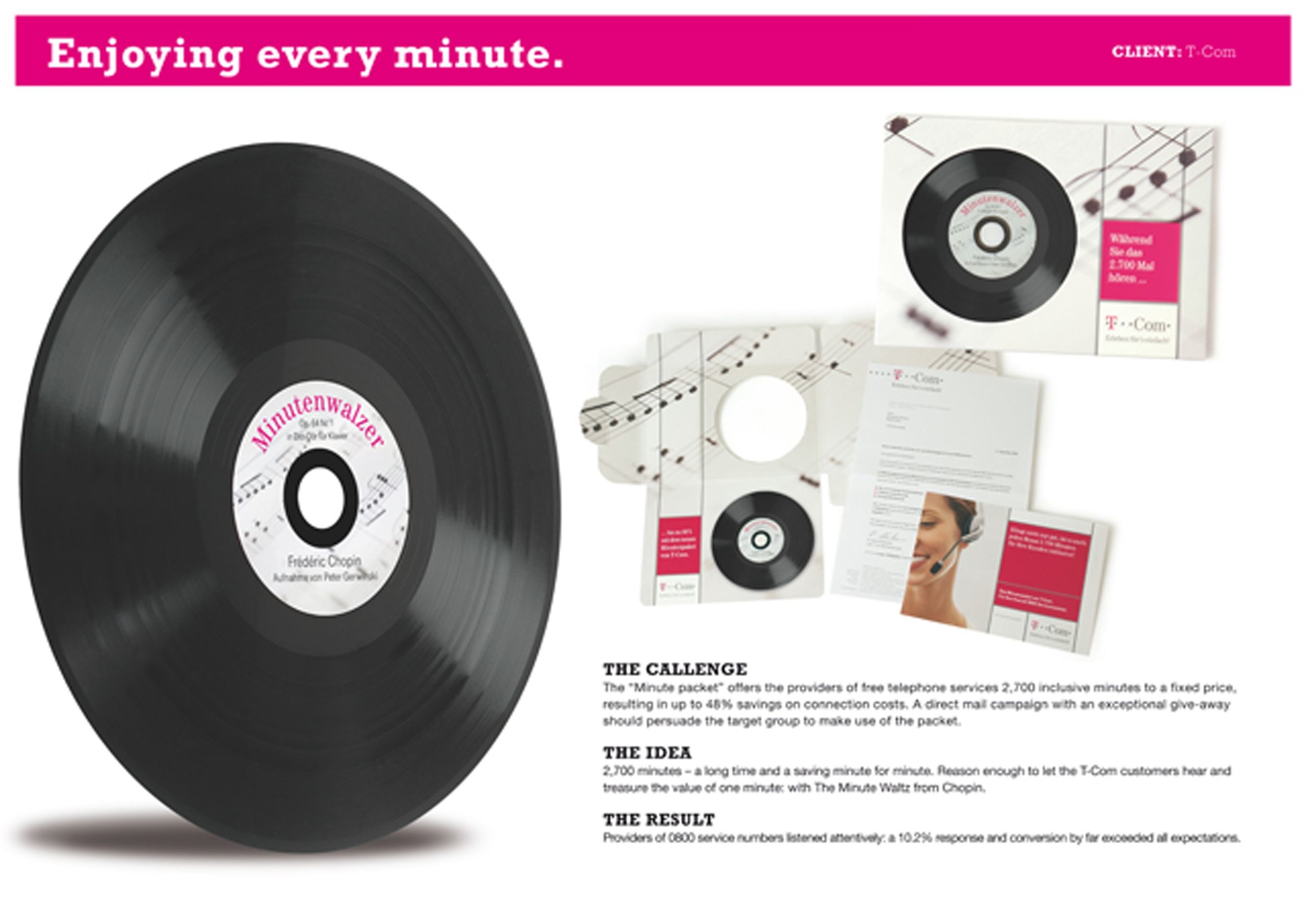Cannes Lions
Sea Hero Quest
SAATCHI & SAATCHI, London / DEUTSCHE TELEKOM / 2017
Awards:

Overview
Entries
Credits
OVERVIEW
Description
Over 3 months, working with scientific journalists and researchers, we analysed the health landscape and found the right problem for us to tackle.
Our fundamental belief is that sharing memories is what really matters in life. Dementia destroys those memories and the ability to share them.?Dementia is the enemy of sharing. Perhaps, sharing could strike back.
It’s a disease that wasn’t getting the attention it needed. It affects 47.5 million people worldwide, set to triple by 2050. It deteriorates quality of life to the point where parents don’t recognise their own children. It’s a disease that nobody has ever survived, and that we cannot diagnose, let alone find a cure for.
The barrier to tackling dementia is research data. Many of Dementia’s symptoms are also symptoms of old age and subject to massive variation within the population. The key to finding a cure is early diagnosis. We need to know what is normal at every different age against a variety of standardised tests in order to identify the difference between simply getting old and developing dementia.
Dementia was the problem, but data could be the solution.
Execution
Challenges with navigation is not only one of the first symptoms of dementia, but also a popular gaming mechanic. This presented an opportunity to create a game to determine how people navigate in order to create a benchmark that could lead to a diagnostic tool. Using a benchmark to specify what normal navigation behaviour looks like, using data collected from healthy players, we can start to pinpoint when something’s wrong.
We created a simple and powerful story of a son trying to save his father’s memories – a metaphor for what people are doing by playing the game. Sea Hero Quest – developed in partnership with researchers and game developers is the only game where anyone can help scientists fight dementia.
To get the data we focused on two audiences – Emotional Philanthropists and Casual Gamers.
Emotional Philanthropists are looking to help causes they care about, in a way that they can share with others. While Casual Gamers are gaming all the time – on toilets, trains and toilets on trains. They are looking for something addictive and entertaining.
To reach these audiences we needed a game that would keep people engaged and a heart-warming story that would animate it.
Outcome
Sea Hero Quest has been downloaded and played by 2.8 million people. After playing for a combined total of 77 years, players generated over 11,000 years’ worth of lab equivalent research data – a rate of 150 times faster than traditional research.
Sea Hero Quest is now the largest clinical trial in history and has collected enough data to develop a universal benchmark for human spatial navigation, continuing towards it becoming part of an early diagnostic tool.
Preliminary data analysis has already found some interesting results;
- Navigational ability declines after the age of 19
- Males appear to navigate better than women
- Nordic countries have the best navigational performance
The campaign has resulted in some of our highest tracking scores ever. Brand perception rose by 54%, with the biggest shift in ‘authenticity’, because the game, and its impact, is real.
Our mobile game has revolutionized clinical trials. We have taken the number of respondents from hundreds to millions, at a fraction of the cost of traditional research all whilst recording more data points in an hour than was previously possible to collect in years.
Similar Campaigns
12 items








